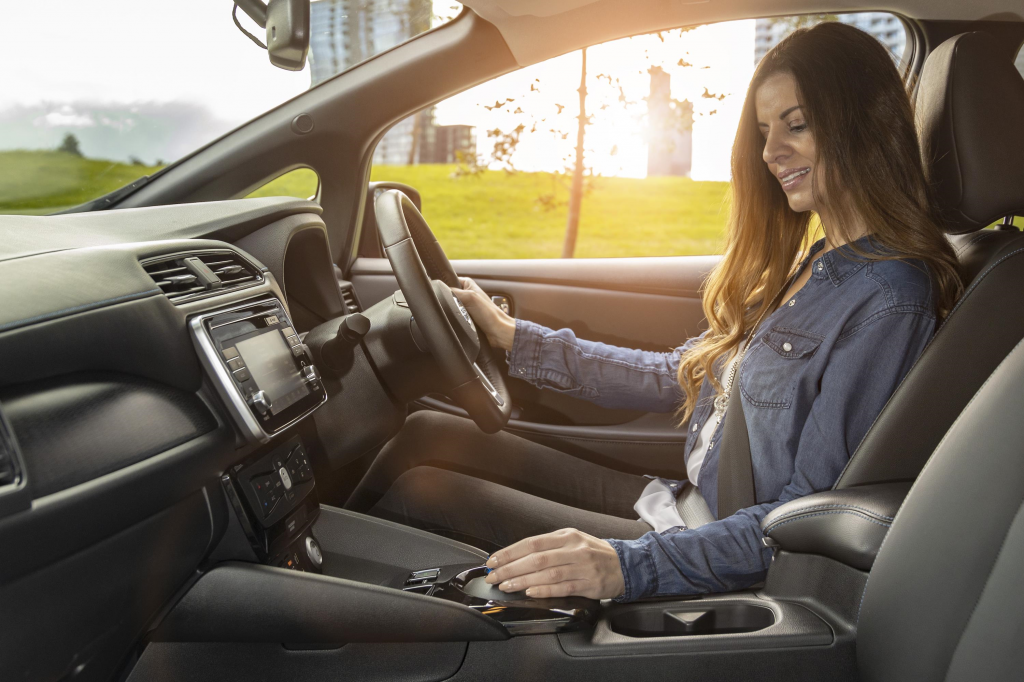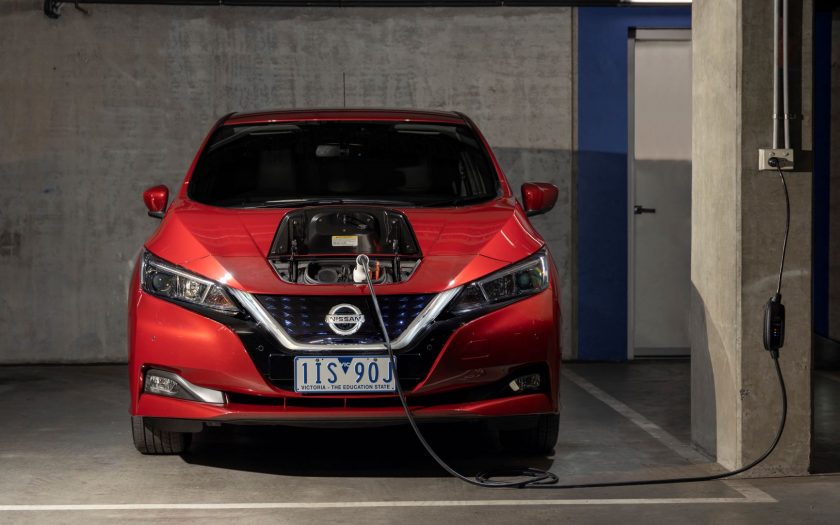AS ADOPTION AND CURIOSITY for electric vehicles continue to boom, Nissan takes a look at how far the Leaf and the world of electrified driving has evolved over the past decade.
EV sales in Europe have surged with 132 percent year-on-year increase in battery electric vehicle registrations from July to September 2020.
In line with motorists’ interest for EVs, the Nissan Leaf is in its prime with more advanced technology and thrilling electrified power than ever before.
Refined over a decade of expertise and innovation, Nissan has chosen this moment to shed light on Leaf’s journey with 10 fascinating insights, from rewriting the EV rule book in 2010, to the tech-packed model of today.
As the first mass-market electric vehicle a decade ago, Leaf led the way in establishing the foundation for modern EVs. With an innovative approach to electrified mobility, Nissan Leaf has helped customers, cities and governments achieve a more sustainable future.
“Over the past decade the journey of transformation with the Nissan Leaf represents the true innovation and advancements of EV development at Nissan,” said Helen Perry, Head of Electric Vehicles at Nissan Europe. “Customers continue to choose the Nissan Leaf for its powerful and agile driving experience supported by its advanced driving technologies such as the e-pedal. It is the perfect balance of exciting yet sustainable mobility.”

Here, then, is Nissan’s list of Leaf achievements.
- Leaf achieved a number of ‘firsts’
As the world’s first mass-market EV, LEAF has secured unprecedented achievements. In 2011, it was the first-ever EV to win the World Car of the Year award in the 47-year history of the prize.
- Leaf’s power has more than doubled
On average, Leaf’s battery capacity and range have increased by 160 percent and 120 percent respectively. These increases have ultimately boosted customers’ confidence on the road. Today, Leaf offers more than double the original power, enhancing the electrified driving experience.
- Leaf is about all-new technologies
Leaf introduced unprecedented technologies that helped drivers optimise efficiency, including the innovative e-Pedal for one-pedal driving, regenerative braking and Eco-Mode. Leaf paved the way for future Nissan EVs, such as the new Nissan Ariya all-electric coupé crossover.
- Since Leaf’s arrival, public charging infrastructure is growing fast
The number of public charging points increased hugely over Leaf’s life, from 2379 in the EU in 2011, to 213,367 today. Nissan supports this infrastructure growth across Europe, having helped expand 20 of the EU’s charging point ‘corridors’. (Unfortunately, things aren’t quite so rosy here in Australia)
- Leaf customers are happy drivers
92 percent of European Leaf drivers would recommend driving an EV to friends and family. With expert support offered by Nissan and at dealerships, customers continue to feel satisfied and happy about owning and living with a Leaf.
- Once you drive a Leaf you don’t lose the spark
As a result of all-round satisfaction with their electrified experience, 74 percent of Leaf owners say they are likely to purchase another EV in the future.
- Electric mobility created new services for customers
As Leaf developed, so did a wider customer experience. This included the development of the Nissan Charge app that allows EV owners to monitor price and availability of charging points in real-time – including those at Nissan dealerships.
- Each Leaf’s life is very efficient
Electric cars, like Nissan Leaf, are highly efficient. From the start of production process, through the end of an EVs lifecycle, they generate up to 80 percent less CO2 than equivalent combustion-engine cars. As its technology and design is refined, the sustainability of Leaf is increasing, helping achieve a cleaner future.
- Leaf batteries have more than one life
EV batteries can be repurposed and recycled. 148 batteries helped to create the world’s largest energy storage system at Amsterdam’s Johan Cruijff Arena in 2018.
- Leaf batteries are safe and reliable
Leaf batteries have proven to be extremely durable, without any critical incidents reported to Nissan since its launch in 2010 and 180,000 units sold in Europe and counting. Leaf comes with an industry-leading, eight-year/ 60,000km battery warranty – with an extremely low number of warranty claims.
It’s an impressive list. We at seniordriveraus can only hope Australian politicians (and particularly those in South Australia who are trying to introduce an EV tax) are listening. Somehow, we doubt they are.
